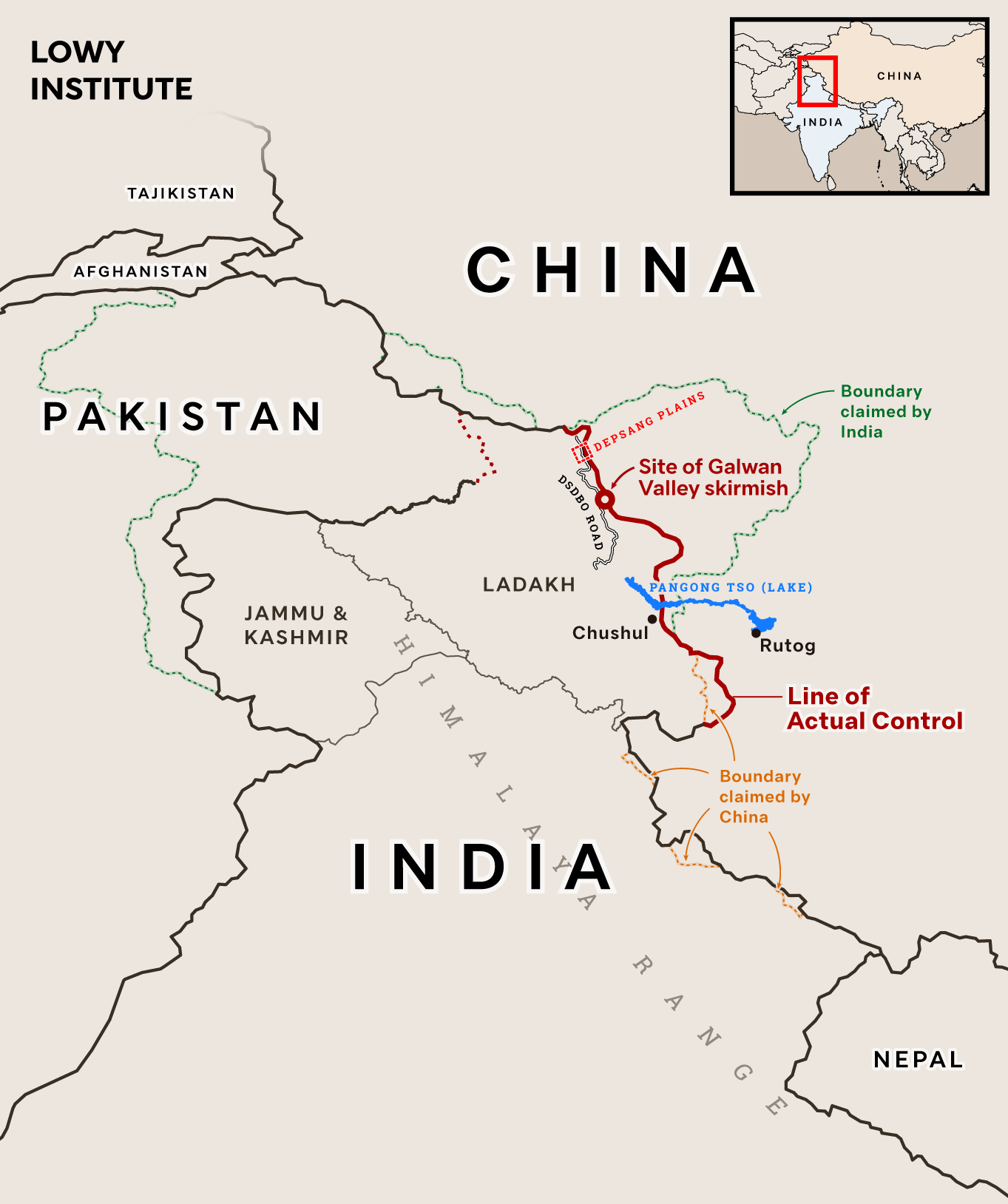Recent Developments in the India-China Border Dispute: Patrolling Agreement Announced
In a significant diplomatic breakthrough, Foreign Secretary Vikram Misri announced that India and China have reached an agreement regarding patrolling arrangements along the Line of Actual Control (LAC) in eastern Ladakh. This development follows extensive negotiations between officials from both countries aimed at addressing long-standing tensions along the border, which have persisted since a violent clash in 2020.
Key Highlights from the Announcement
During a press briefing held on October 21, 2024, Vikram Misri emphasized that the agreement represents a critical step towards disengagement and a potential resolution of the issues that emerged following the 2020 clashes. Misri stated, “As a result of the discussions that have taken place over the last several weeks, an agreement has been arrived at on patrolling arrangements along the Line of Actual Control in the India-China border area, leading to disengagement and eventually a resolution of the issues that had arisen in these areas in 2020.”
The agreement is particularly focused on patrolling arrangements in the Depsang and Demchok areas, which have been central points of contention. Misri noted that the Indian and Chinese negotiators have maintained ongoing communication over the past few weeks to finalize the agreement, which is expected to improve relations between the two neighbors significantly.
Background: The 2020 Clash and Its Aftermath
The border dispute between India and China has been marked by heightened tensions since the deadly clash in June 2020 at Galwan Valley, where 20 Indian soldiers lost their lives, along with an unspecified number of casualties on the Chinese side. This incident led to a military buildup and a series of negotiations aimed at de-escalating the situation, including multiple rounds of talks at various levels.
 |
| Galwan Valley clash on June 15, 2020, killed 20 Indian soldiers. |
The recent agreement signifies a crucial step toward stability along the LAC, which has been characterized by military standoffs and skirmishes. Misri's announcement comes at a pivotal moment, just a day before Prime Minister Narendra Modi's scheduled participation in the BRICS Summit in Kazan, Russia.
 |
| Official Photograph of Prime Minister Narendra Modi. |
Speculations on Modi-Xi Meeting at BRICS Summit
There is considerable speculation regarding a potential bilateral meeting between Prime Minister Modi and Chinese President Xi Jinping during the upcoming BRICS Summit. While no official confirmation has been provided, the prospect of a face-to-face discussion could further facilitate dialogue on border issues and other areas of mutual concern.
The BRICS Summit, themed "Strengthening Multilateralism for Just Global Development and Security," is anticipated to provide a platform for leaders to address pressing global challenges and review progress on various BRICS initiatives. Prime Minister Modi is expected to engage in bilateral meetings with other leaders from BRICS nations and invited participants, underscoring India’s commitment to multilateral cooperation.
The Broader Implications
This latest development underscores the importance of diplomatic efforts in resolving complex geopolitical issues. The agreement on patrolling arrangements signals a potential thaw in relations between India and China, which is critical not only for the two nations but also for regional stability in Asia.
As both countries continue to navigate their intricate relationship, the upcoming BRICS Summit may serve as a turning point, offering opportunities for constructive dialogue and cooperation. The outcomes of the Modi-Xi meeting, if it occurs, could shape the future of India-China relations and have broader implications for international relations.
Conclusion
The recent announcement by Foreign Secretary Vikram Misri marks a promising advancement in the ongoing efforts to stabilize the India-China border situation. As both nations prepare for further discussions in Kazan, the international community will be watching closely to see how these developments unfold and whether they lead to a more permanent resolution of the issues along the LAC. The hope is that through continued dialogue and cooperation, both countries can move towards a more peaceful coexistence.
